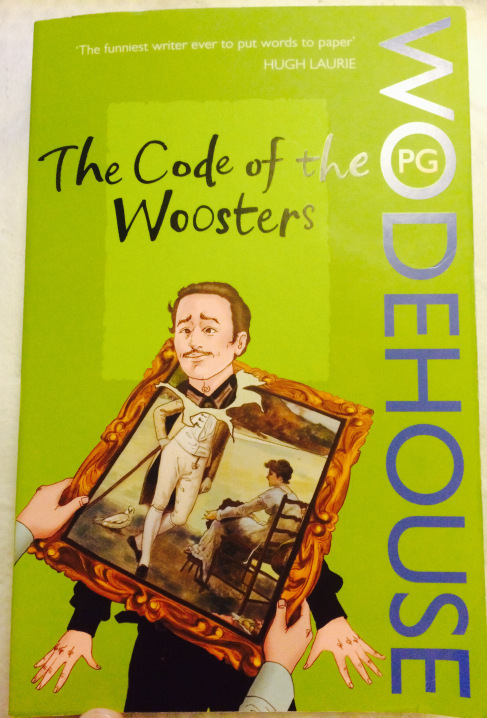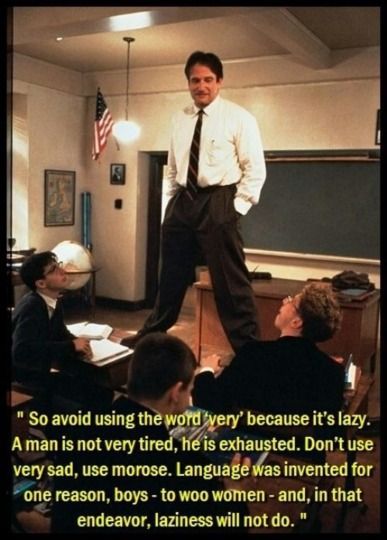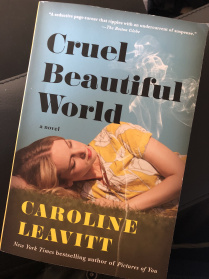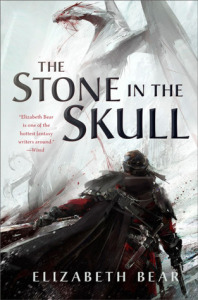As of today I’ve just finished The Code of the Woosters:

& I’m recommending it to everybody & anybody who reads this! I can’t remember the last time I properly laughed out loud at a book; probably something like Bridget Jones (or, even further back, Angus, Thongs & Perfect Snogging– judge all you want, I defy anybody to read that and not laugh) but this was one of those. It was on my course list and I’d vaguely heard good stuff about it, but seriously, if you’re stuck for something to read at the moment, read this. Bear in mind that you’ve got to kind of ease into the vernacular- it’s like a whole other language. Pretend you’ve got to blend in at the poshest event you’ve ever been to and that should work; maybe practice with a few jolly good sport old chap and what, what? in your head before you read and you should be good to go.
If you’ve read anything else on here you’ve probably picked up on a bit of Jane-Austen-obession-themes, and oh look, here I go again managing to bring her into it one of the things I love about Jane Austen is the way people talk in her novels (I do have a point, I promise). In their day it would have been normal, maybe some of it was even slang to them and they lamented it the same way people complain about slang now-a-days, but one part of the quintessential cosiness of reading a Jane Austen book is their language. It’s emotive of the whole Austen-reading-experience. This book The Code of the Woosters is like that, in that you should read it if you want to remember the things the English language can do. I remember reading something ages ago when Facebook was getting bigger and bigger, about what a shame the like button was, because it took all the different reactions and emotions and the words that would have expressed them and limited it to the word like. People were worried that language would become more and more simplified and we’d use less and less of those beautiful words. It’s kinda like:

But in this book, even restricted to the particular language of one time period, the language does remarkable things and makes you remember the way it can run rings around itself and somersault over the reader’s head.
One review of it by Marian Keyes said it was nice because ‘nothing bad ever happens in P.G. Wodehouse land. Or even if it does, it’s always sorted out by the end of the book. For as long as [you’re] immersed in a P. G. Wodehouse book, it’s possible to keep the real world at bay and live in a far, far nicer, funnier one where happy endings are the order of the day‘. So, even if you’re not interested in the language, if you can feel yourself simply getting weary with all the bad stuff you see on the news or scrolling through Facebook, read this book, where the worst thing that can happen is he might have to ‘oscillate the bean’ when hungover. Translation: move your head when hungover.
Read and enjoy!






